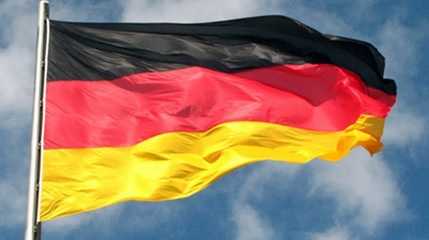
BERLIN, June 15 (Xinhua) -- Leading German economic institutes expect inflation in the country to remain high in 2023, due to soaring energy prices, the Russia-Ukraine conflict and supply bottlenecks.
The Kiel Institute for the World Economy (IfW Kiel) and the ifo Institute on Wednesday raised their 2023 inflation forecasts to 4.2 percent and 3.3 percent respectively.
Recent signals from the European Central Bank (ECB) to normalize their monetary policy came "too late and have so far been too timid," said Stefan Kooths, vice president and head of forecasting at IfW Kiel.
Last week, ECB president Christine Lagarde said that high inflation was a "major challenge for all of us," with further interest rate hikes expected this summer. In the medium term, inflation rates across Europe are to be pushed back below the ECB target of no more than 2.0 percent.
German consumer prices in May were up 7.9 percent year-on-year, the highest inflation level since the first oil crisis in the winter of 1973/1974, according to official data. Euro zone inflation was even slightly higher, at 8.1 percent.
For the full year 2022, the Munich-based ifo Institute expects inflation in Germany to reach 6.8 percent, while IfW Kiel has predicted an even higher rate of 7.4 percent.
Although negative factors such as supply bottlenecks and high raw material prices are likely to become less significant in the second half of the year, ifo lowered its economic growth outlook for Germany in 2022 from 3.1 to 2.5 percent.
IfW Kiel showed even less optimism, forecasting that Germany's economy would only grow by 2.1 percent in the current year.
For the time being, Germany's economy is still supported by private households, with pandemic-related savings of 200 billion euros (208 billion U.S. dollars). The country's industry is also in good order, IfW Kiel noted.




